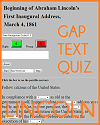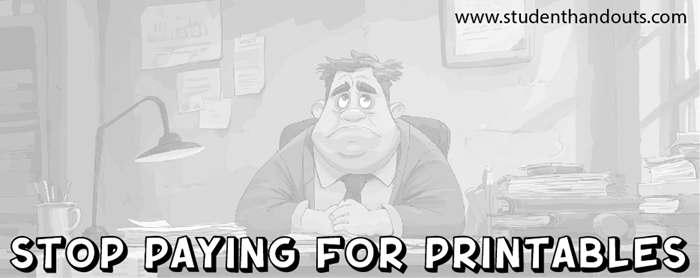Incorporating educational games into a high school United States History unit on the Civil War and Reconstruction offers significant pedagogical benefits. By transforming students from passive recipients of information into active participants, games create immersive, experiential learning opportunities. A student might manage the resources of the Union Army or navigate the complex political choices of a freedman during Reconstruction, fostering a deeper, empathetic connection to the historical actors and their dilemmas.
This interactive approach enhances critical thinking and problem-solving skills as students analyze cause-and-effect relationships within a dynamic system. The competitive or collaborative nature of gameplay also boosts engagement, making the intricate political, social, and economic complexities of the era more accessible and memorable. Ultimately, these games serve as powerful tools to complement traditional instruction, moving beyond rote memorization of dates and laws to cultivate a genuine, nuanced understanding of this foundational and turbulent period in American history.
|


















































